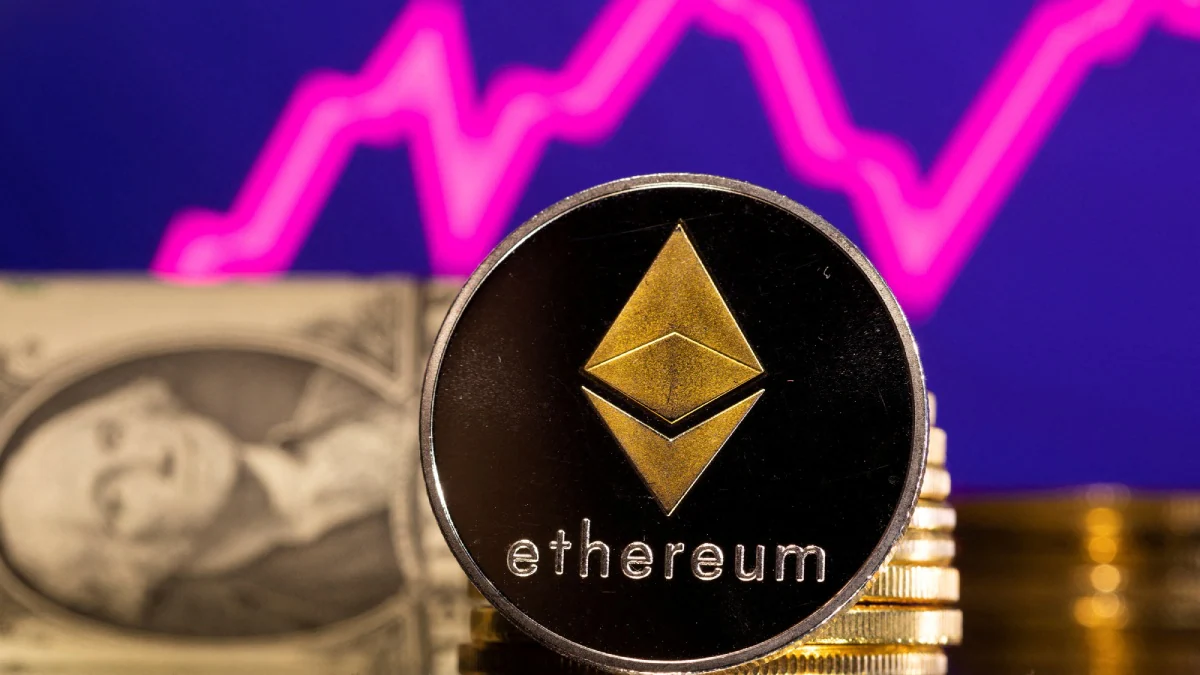Standard Chartered Anticipates SEC Decision on Ethereum ETF Applications to Coincide with the Final Date, Similar to the Approval of 10 Bitcoin ETFs on January 10.
The US Securities and Exchange Commission is likely to allow exchange-traded funds to hold the cryptocurrency Ethereum in May, Standard Chartered predicts.
May 23 is the last date by which the agency must consider ETF applications from VanEck and Ark 21Shares, the bank said in a research report Tuesday. The asset managers will be the first to come up against the final deadline.
Standard Chartered expects the SEC to rule on the applications on the final date, as it did on January 10, when it approved 10 Bitcoin ETFs. Ethereum has key similarities to Bitcoin’s legal and financial status that suggests it will follow a similar approval pattern, according to Geoff Kendrick, the head of FX Research, West, and Digital Assets Research at Standard Chartered.
Last June, the SEC left Bitcoin and Ether off a list of 67 tokens it considered to be securities. In addition, Ether — like Bitcoin — also has futures traded on the Chicago Mercantile Exchange — a key surveillance tool. At about $285 billion (roughly Rs. 23,66,701 crore), Ether is the second-largest cryptocurrency in market value after Bitcoin.
Kendrick expects Ether’s price to rise to $4,000 (roughly Rs. 3,32,168) by the projected May 23 approval date, assuming that it follows a trading pattern similar to Bitcoin through the ETF approval process. Ether traded at about $2,370 (roughly Rs. 1,96,809) on Tuesday.
That price prediction, however, is based on multiple assumptions being true, including general market sentiment for approval remaining low, implied-volatility being wrong, and the SEC approving multiple applications on the same day.

Standard Chartered suggests that Ether (ETH) is expected to be less affected by selloffs compared to Bitcoin post-ETF approval. Bitcoin faced a decline of up to 20 percent after ETF approval, attributed to investors, including FTX, selling significant amounts from the Grayscale Bitcoin Trust (GBTC). The conversion of the fund from a trust with no redemption options contributed to the selloff. Notably, Grayscale’s existing Ethereum trust holds a smaller portion of the total market capitalization of Ether compared to the Bitcoin held in GBTC.
“These factors should make ETH less vulnerable than BTC to a post-approval selloff,” Kendrick noted.


















